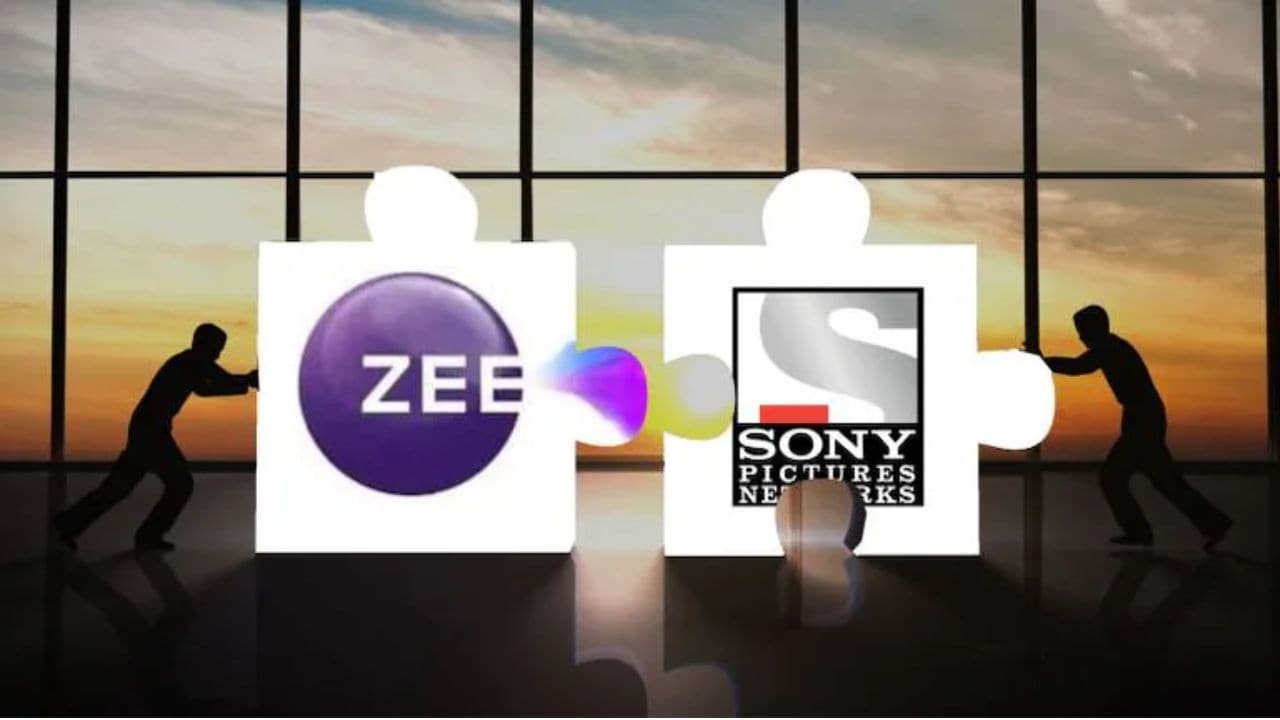Stakeholders are anticipating a pivotal National Company Law Tribunal (NCLT) hearing on March 12 regarding Zee Entertainment’s plea to enforce the stalled $10-billion merger with Sony Pictures Networks.
The rejection of Sony’s plea by the Singapore International Arbitration Centre (SIAC) suggests potential legal complexities, experts said.
“The upcoming hearing at the NCLT Mumbai regarding Zee Entertainment’s plea to enforce the agreement with Sony Pictures Networks will be crucial. With Zee pushing for enforcement and Sony disputing the validity of the petition, the March 12 hearing will determine the fate of the merger,” said corporate law expert Rajesh Rai, Managing Partner at RR Legal Partners LLP.
According to Rai, the recent rejection of Sony’s plea by SIAC for a stay of the petition before NCLT implies that Sony’s decision to back out of the merger is not prima facie legal and in accordance with the contract. The situation is complex. Hence, the tribunal’s decision may impact Sony’s decision adversely.
The outcome of the March 12 hearing will provide clarity on whether the merger stands a chance to be reconsidered.
NCLT had given the merger first announced in December 2022 a go-ahead on August 10, 2023.
The case, now before the NCLT and SIAC, presents a complex legal landscape where Sony must navigate the provisions of the Insolvency and Bankruptcy Code, 2016 (IBC) and other relevant laws to protect its interests and seek appropriate remedies, said experts.
Another corporate law expert, Aditya Chopra, Managing Partner, Victoriam Legalis – Advocates & Solicitors, explained the legal standing of the merger termination.
“Sony’s decision to call off the merger raises questions regarding its legal obligations under the IBC. Section 12A of the IBC allows for the withdrawal of insolvency applications with the approval of 90 percent of the committee of creditors. However, the termination of a merger scheme approved by the NCLT may require justification under Section 66 of the IBC, which deals with fraudulent trading and wrongful trading by corporate entities,” Chopra said.
Sony’s assertion of breach of conditions by Zee and its demand for a termination fee necessitate a thorough examination of the contractual obligations outlined in the merger agreement.
Under Section 74 of the IBC, termination clauses and penalty provisions in contracts are subject to scrutiny by the NCLT, which may assess the reasonableness and enforceability of such terms.
As for the arbitration proceedings, according to Chopra, Sony’s initiation of arbitration proceedings, seeking $90 million as a termination fee, underscores its recourse to alternative dispute resolution mechanisms.
The Arbitration and Conciliation Act, 1996, governs the arbitration proceedings in India and provides for the enforcement of arbitral awards, subject to limited judicial intervention under Section 34 of the Act.
Sony’s legal counsel, led by Senior Advocate Darius Khambata, has indicated an intention to challenge the maintainability of the petition filed by Zee Entertainment Enterprises Ltd before the NCLT.
“This strategic move aims to contest the jurisdiction of the tribunal and potentially shift the dispute to arbitration or other forums conducive to Sony’s interests, citing Section 60 of the IBC, which empowers the NCLT to adjudicate on insolvency and corporate matters,” Chopra explained.
Alternatively, Sony could also explore potential remedies available under relevant regulatory frameworks apart from the NCLT and SIAC.
According to Chopra, this could involve seeking intervention from regulatory authorities such as the Securities and Exchange Board of India (SEBI) or the Competition Commission of India (CCI) to address antitrust or regulatory concerns arising from the merger termination.
As of now, all eyes are on the March 12 hearing, and the big question here is: If the NCLT rules in favour of Zee, will Sony be liable to go through the merger?
As per experts, the legal scenario hinges on whether Sony can establish that Zee breached the specified ‘preconditions’ outlined in the merger scheme. If Sony can substantiate a breach within the defined preconditions, Zee and its shareholders may find it challenging to compel Sony to proceed with the merger.
On the other hand, if the alleged breaches extend beyond the preconditions, the NCLT might direct Sony to fulfil its obligations under the scheme.
Abhishek Kale, Deputy Managing Partner, Naik Naik & Co,. said it may be for the same reasons that Sony invoked the arbitration and sought a restraining order against Zee for pressing reliefs.
“If NCLT concludes that the so-called alleged breach is outside the purview of the ‘preconditions’, then NCLT may direct Sony to comply with its order and complete the merger,” said Kale.
